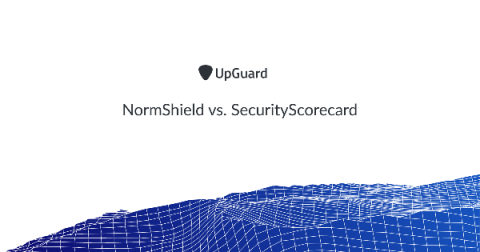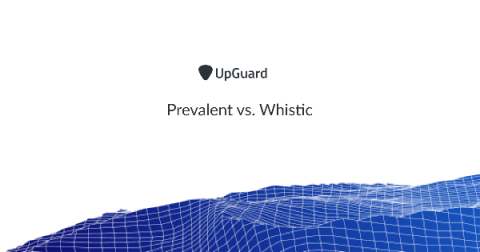How Nevada's SB220 Compares to CCPA
On May 29, 2019, the governor of Nevada signed into law Senate Bill 220, a new consumer privacy law. The new privacy law amended Nevada’s existing 2017 online privacy law. Effective October 1, 2019, the new privacy gives consumers the right to opt-out of the sale of their personal information.






